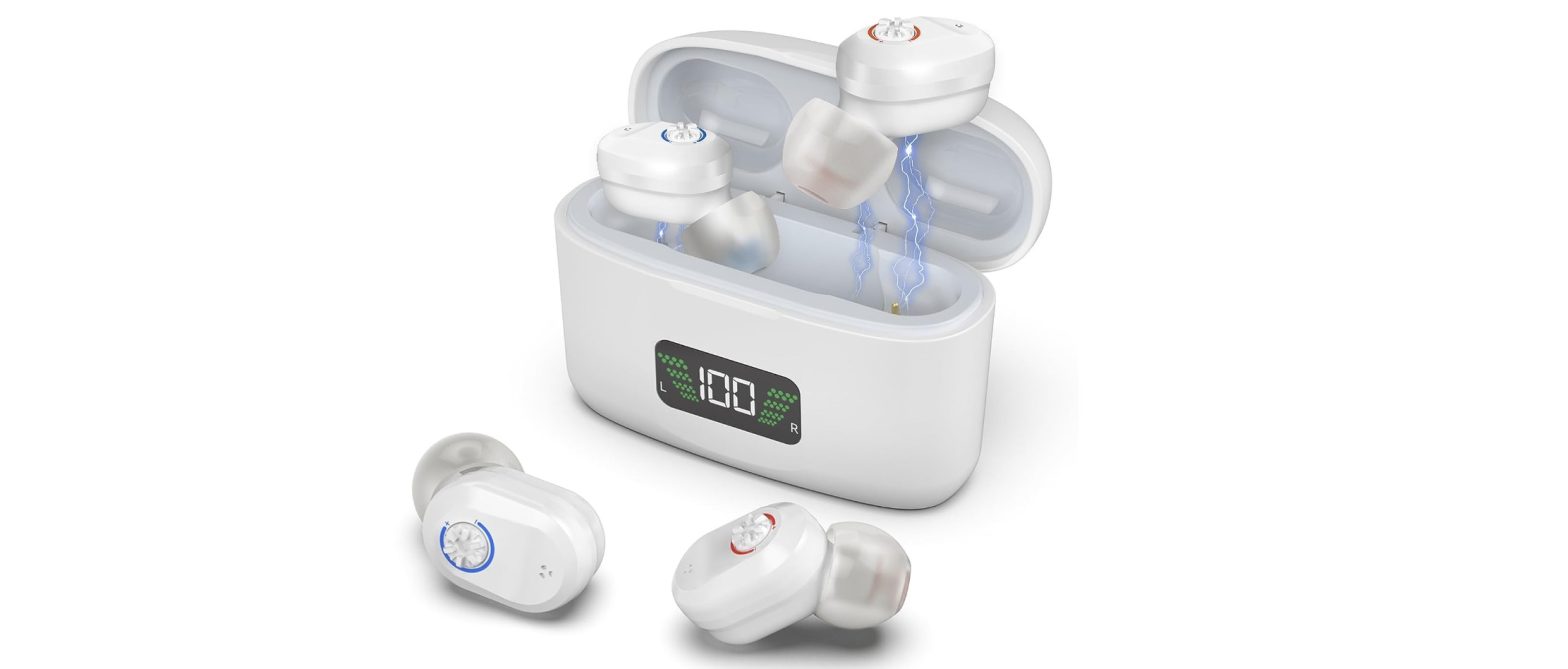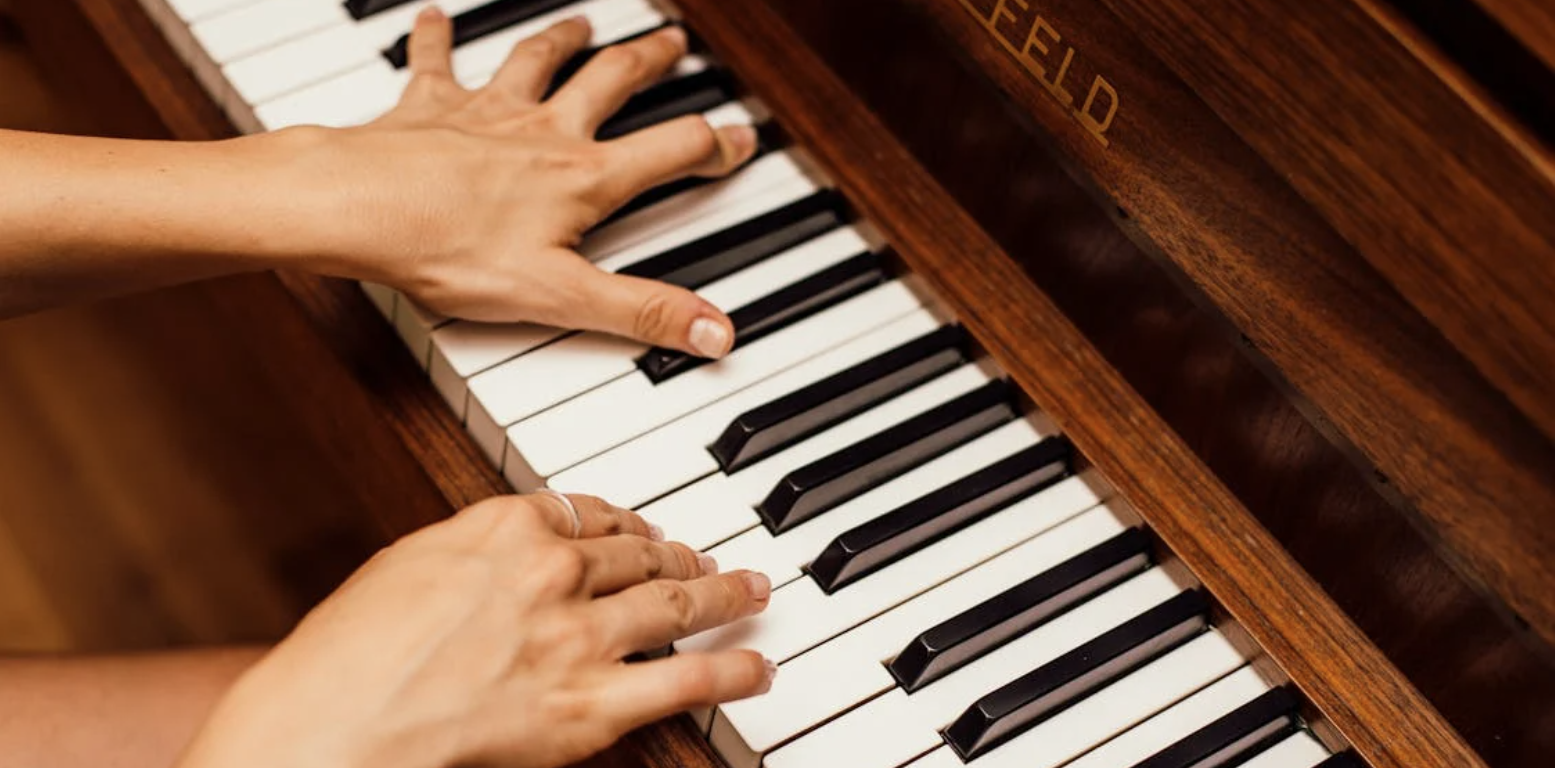Speak to a local care advisor at Assisted Living Locators by calling (888)-267-4741.
Learn about Assisted Living, Senior Living, Memory Care, and In-home care options.
Choosing the Perfect Solution for Improved Hearing
Introduction
As we age, it’s common to experience hearing loss. Unfortunately, this can lead to difficulties in communication and a decrease in overall quality of life. However, there is a solution that can greatly improve the hearing abilities of senior citizens – hearing aids. With advancements in technology, hearing aids have become more sophisticated and effective than ever before. In this comprehensive guide, we will explore the best hearing aids for senior citizens, taking into consideration the different types and styles available, as well as the unique needs and preferences of individuals.
Understanding Hearing Loss in Seniors
Hearing loss is a prevalent issue among senior citizens, with approximately one-third of individuals over the age of 65 experiencing some degree of hearing impairment 1. Age-related hearing loss, known as presbycusis, occurs gradually and can have a significant impact on daily life. It can lead to difficulties in understanding conversations, participating in social activities, and even cause emotional distress. Recognizing the signs of hearing loss and seeking professional help is crucial in order to address this issue effectively.
The Importance of Professional Advice
If you or a loved one are experiencing difficulties in hearing, it is important to seek professional advice from an audiologist. They are specialized in diagnosing and treating hearing loss and can provide valuable insights into the best course of action. An audiologist will conduct a comprehensive hearing evaluation, which may include an audiogram, to determine the extent of the hearing loss. Based on the results, they can recommend the most suitable type of hearing aid.
Different Types of Hearing Aids for Seniors
Hearing aids come in various types and styles, each with its own advantages and considerations. The three main types of hearing aids commonly recommended for seniors are:
- Behind-the-ear (BTE) Hearing Aids: This type of hearing aid is designed with comfort and functionality in mind. It consists of a discreet case that rests behind the ear, connected to an earmold or a narrow tube that directs sound into the ear. BTE hearing aids are suitable for a wide range of hearing loss and are often more budget-friendly compared to other options.
- In-the-ear (ITE) Hearing Aids: ITE hearing aids are custom-molded to fit the individual’s ear. They are discreet and sit in the outer portion of the ear. ITE hearing aids are suitable for mild to moderate hearing loss and offer additional features such as telecoil technology, which enhances speech amplification.
- In-the-canal (ITC) Hearing Aids: ITC hearing aids are the most technologically advanced option and are custom-molded to fit partially in the ear canal. They are discreet and offer excellent sound amplification. However, they can be sensitive and prone to damage from earwax and fluid discharge.
It is important to consult with an audiologist to determine the most suitable type of hearing aid based on individual needs, preferences, and the severity of hearing loss.
Factors to Consider When Choosing Hearing Aids for Seniors
When selecting a hearing aid, there are several factors to consider to ensure the best fit and functionality for seniors. These factors include:
- Customization: Every individual’s hearing needs are unique, and customization is key to achieving optimal results. It is important to work with an audiologist who can provide personalized recommendations based on the specific requirements of the senior.
- Digital Technology: Digital hearing aids offer significant advantages over analog models. They provide better sound quality, advanced features such as noise reduction and feedback cancellation, and the ability to connect to other devices such as smartphones and televisions.
- Ease of Use: Seniors may have specific needs when it comes to operating their hearing aids. Consider features such as automatic volume adjustment, remote control options, and user-friendly interfaces to ensure a seamless user experience.
- Battery Life: Hearing aids can be powered by disposable batteries or rechargeable batteries. For seniors, rechargeable batteries may be more convenient, as they eliminate the need for frequent battery changes.
- Budget: The cost of hearing aids can vary significantly depending on the brand, features, and level of customization. Discuss budget considerations with an audiologist to find the best options within the desired price range.
Top Hearing Aid Brands for Seniors
While there are many reputable hearing aid brands in the market, three brands stand out for their quality, reliability, and suitability for seniors:
- Phonak Audeo Paradise: The Phonak Audeo Paradise is a digital in-the-canal (ITC) hearing aid that offers a highly personalized hearing experience. It features advanced sound processing technology, compatibility with cell phones and mobile apps, and a rechargeable battery option.
- ReSound One: The ReSound One is an in-the-ear (ITE) hearing aid that combines cutting-edge technology with excellent sound quality. It offers features such as Bluetooth streaming, compatibility with mobile apps, and a rechargeable model with a long-lasting battery.
- Oticon Opn S: The Oticon Opn S is available in both behind-the-ear (BTE) and in-the-ear (ITE) styles, providing flexibility for seniors with different preferences. It is known for its clarity of sound, ease of use, and compatibility with mobile apps and cell phones.
It is important to consult with an audiologist to determine which brand and model are best suited to individual hearing needs and preferences.
The Role of Audiologists in Choosing the Right Hearing Aid
Audiologists play a crucial role in helping seniors choose the right hearing aid. They have the expertise and knowledge to evaluate individual hearing needs, conduct thorough assessments, and make personalized recommendations. When working with an audiologist, it is essential to communicate personal preferences, budget considerations, and lifestyle requirements. This information will enable the audiologist to guide seniors towards the most suitable hearing aid that will improve their quality of life and restore their ability to engage in conversations and social activities.
Conclusion
Hearing aids can significantly improve the quality of life for senior citizens with hearing loss. By choosing the right hearing aids based on individual needs and preferences, seniors can regain their ability to communicate effectively and participate fully in daily activities. Working closely with an audiologist is essential to ensure the best fit and functionality of the hearing aids. With the advancements in technology and the availability of various types and styles, there is a perfect hearing aid solution for every senior. Take the first step towards better hearing and consult with an audiologist today.
References:
Footnotes
- National Institute on Aging. “Hearing Loss and Older Adults.” Retrieved from: https://www.nia.nih.gov/health/hearing-loss-common-problem-older-adults












